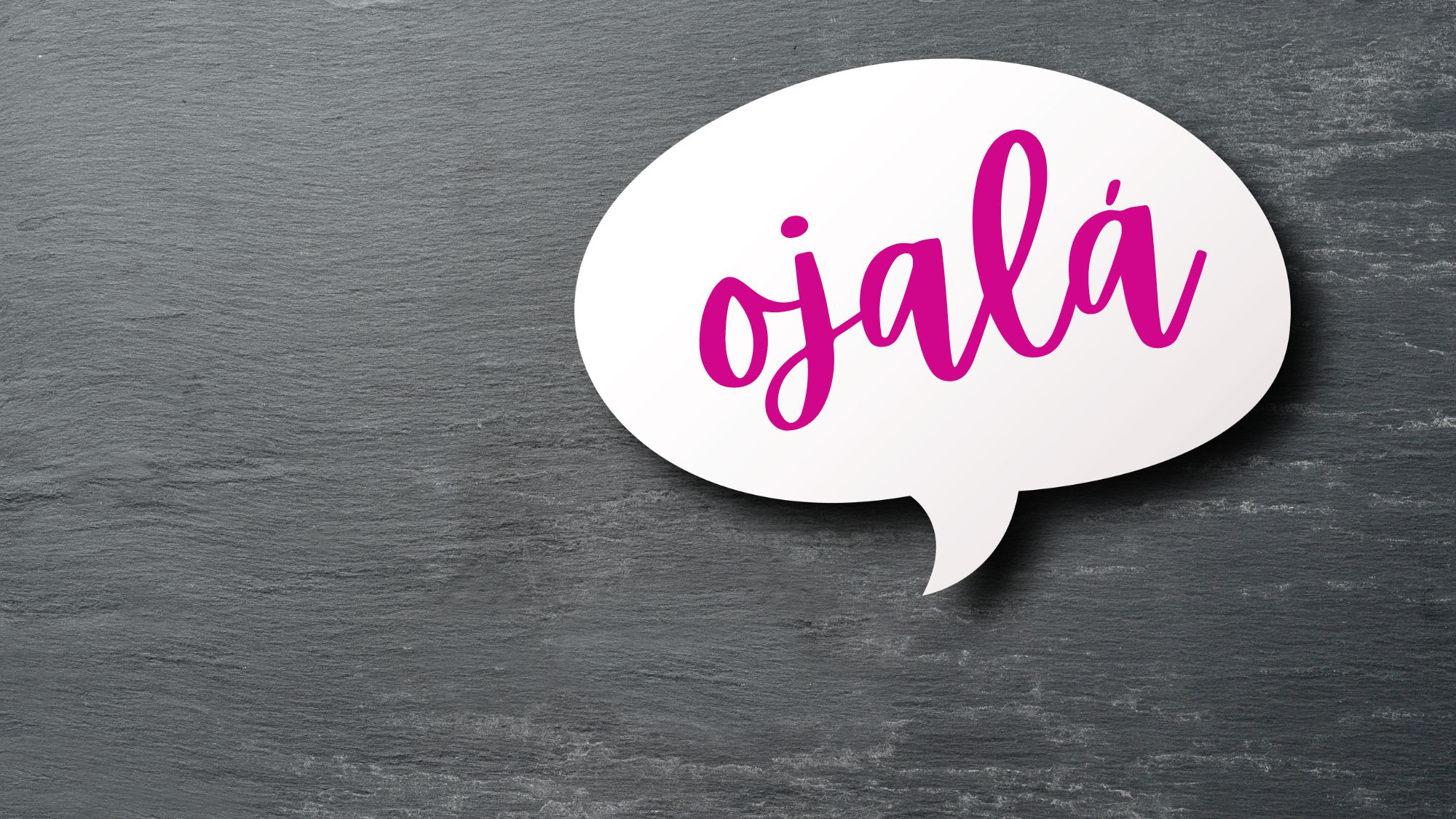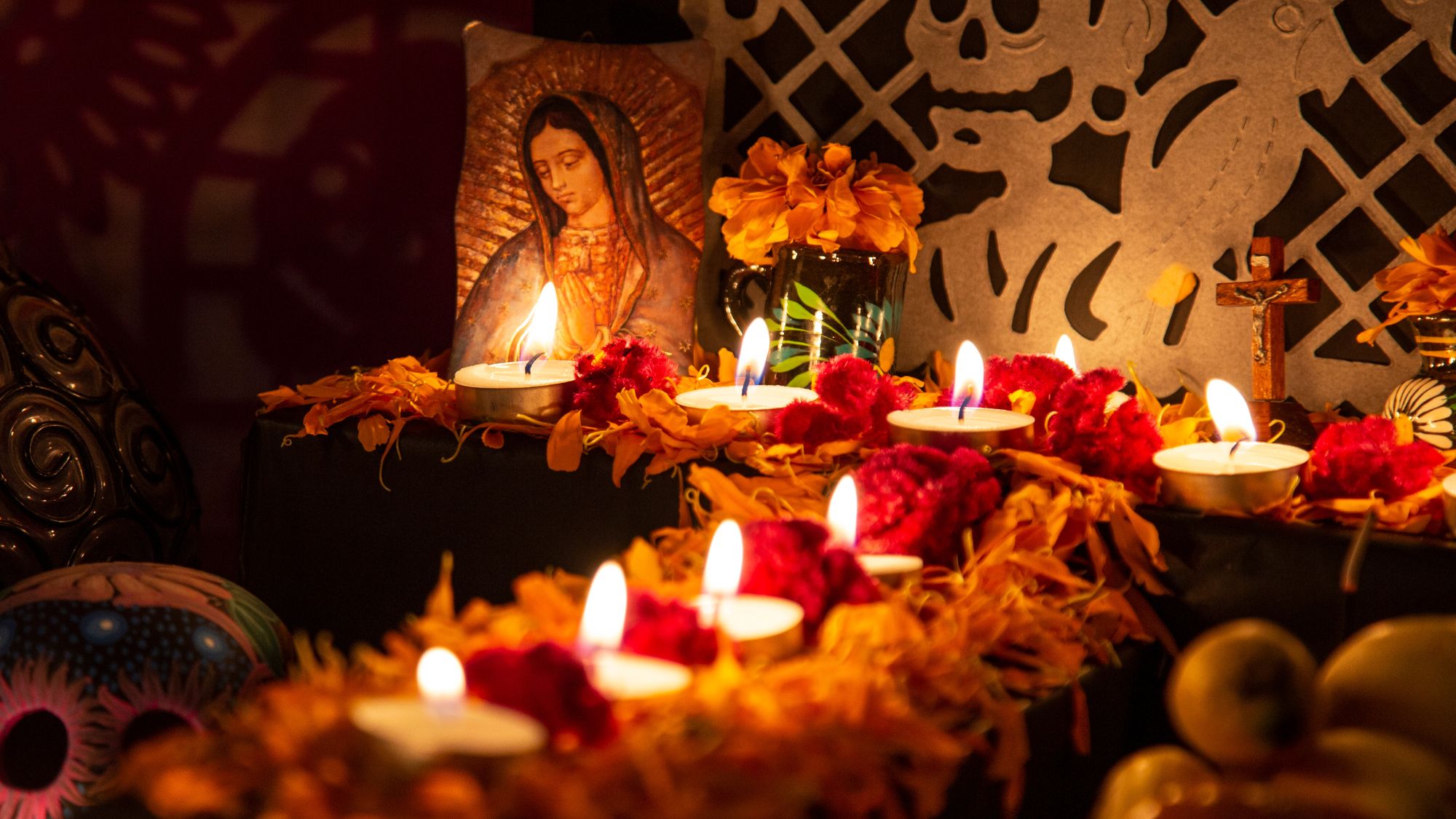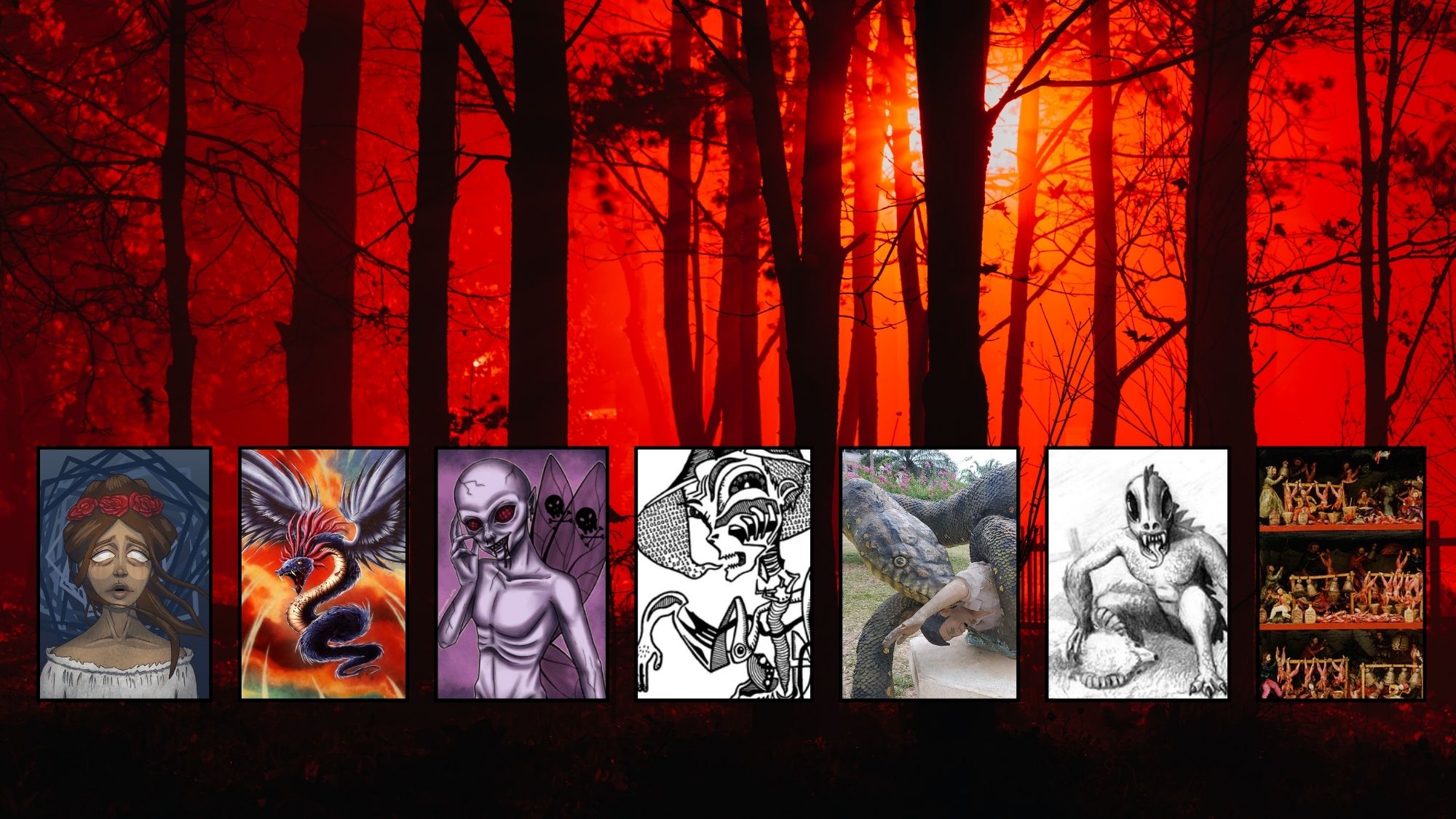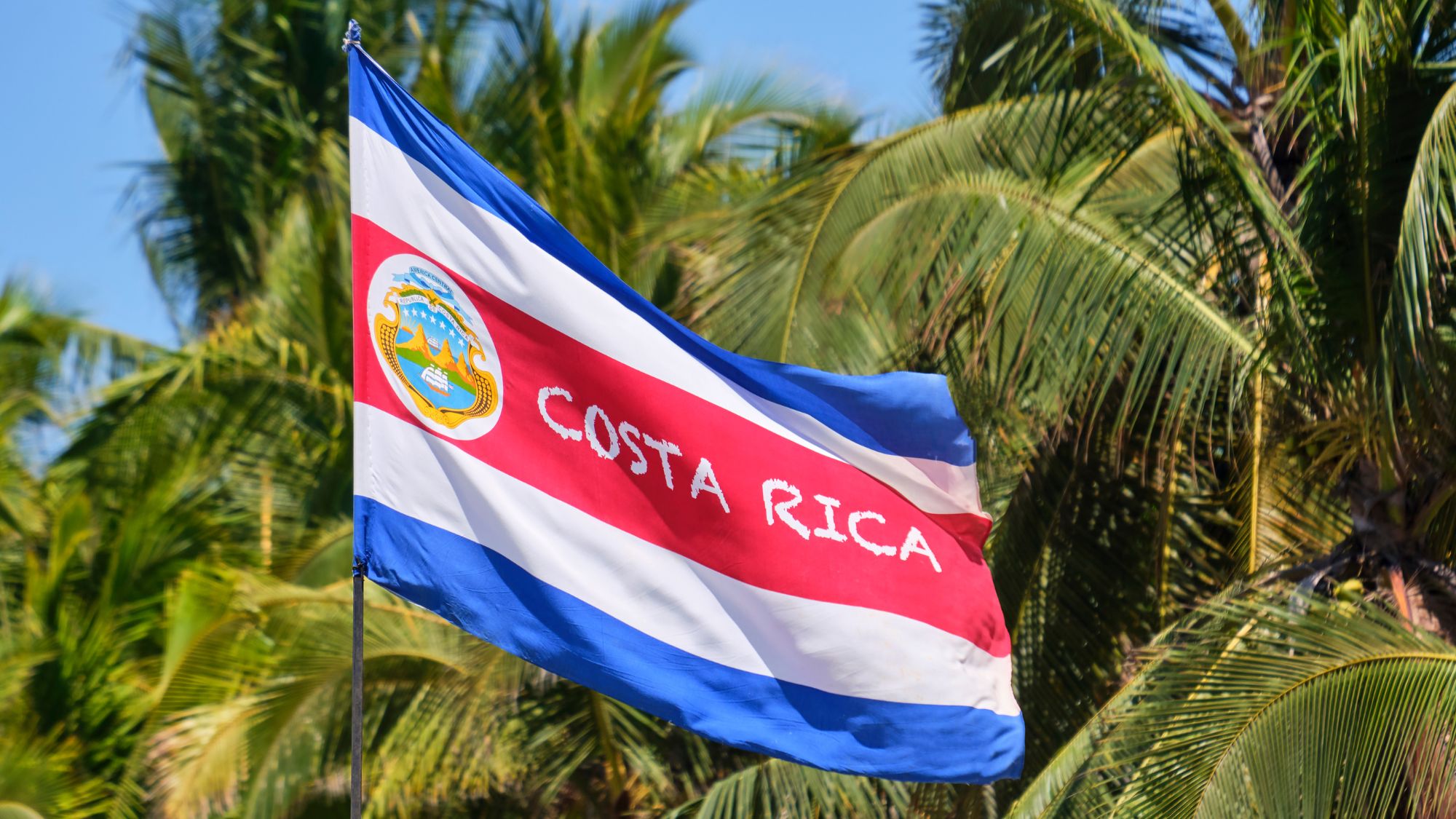Spanish speakers love the word “ojalá.” Especially moms and abuelas, amirite? I think they love it because it rolls right off the tongue. Plus, it’s timeless, non-controversial, and, most importantly, hopeful. Who doesn’t love a word that’s full of hope?
But, contrary to popular belief, this beloved staple in the Spanish language is not a Spanish word at all. That’s right. The word spoken by millions all over Latin America is not Latin or “Romantic” at all. It’s from Spain’s Middle East neighbors, the Arabs. There even was a time that the use of this hopeful word was banned from the Spanish vocabulary because of its ties to the Muslim religion. Let’s get to know the very old Arabic origin of “ojalá," the controversial, yet beloved, Spanish word.
The Meaning of “Ojalá” Then and Now
During the 8th century, Muslim forces invaded the Iberian Peninsula (now Spain), bringing with them their culture, art, and language. But, perhaps the most prominent example of the Arab influence in Spanish culture is its mainstay in the language. This may sound loco – a Spanish word meaning “crazy” which comes from the Arabic word “lauqa,” which means “fool” – but it’s true.
The word “Ojalá” evolved from the Arabic expression “law šá lláh,” which translates to “If God would want it” or “Allah willing.” Over time, its religious connotation has been forgotten, or ignored, by Spanish speakers. And, today, it usually just means “I hope.” But, literally, the word still references Allah, or God. But, whether you’re Catholic, Christian, Muslim, or an atheist, it's totally normal to use “Ojalá” to express your hopes and desires. (Ojalá you like this article about “ojalá.”)
The Arabic Origin of “Ojalá”
“For many Spanish speakers, this is one of the most beautiful words of the language. Pronounced “Oh-ha-LAH,” this Spanish word has its origins in the VIII century, when the Muslims invaded the region we know now as Spain,” the site Why Not Spanish explains.
Ojalá is not alone. In fact, there are thousands of Spanish words with Arabic roots.
“Between the 7th and 15th centuries, most of the Iberian peninsula, including modern-day Spain and Portugal, was under Muslim rule with Arabic spoken throughout.” Middle East Eye explains.
Even after the Catholic monarchs Ferdinand and Isabel expelled the Moors from Spain in 1492, approximately 8,000 Spanish words retain their Arabic heritage. The Spanish even tried to forbid the use of Arabic words in the Catholic-dominant country, but it didn’t work. Over the years, speakers still used Arabic in mathematics, science, agriculture, and architecture. Today, beyond words, Arabic influences are everywhere in Spain, from the Alhambra Palace in Granada to the Alcázar of Seville.
Arabic Words Today
Everyday, millions of us Spanish, or Spanglish, or even English, speakers use Arabic words all the time without knowing it. Heck, even Actor Owen Wilson has a popular GIF where he says “loco.” WIlson is right. The amount of Arabic words incorporated into our daily lives is, in fact, loco.
Besides our favorite, “ojala,” here are five of the most popular words heard in Spanish-speaking homes around the world, that you may have not known were Arabic:
- Almohada (Pillow): The word “almohada” comes from the Arabic “al-mukhadda,” meaning “the cushion.”
- Ajedrez (Chess): Derived from the Arabic “al-shatranj,” which refers to the game of chess.
- Álgebra (Algebra): The mathematical term “álgebra” traces back to the Arabic “al-jabr,” a branch of mathematics developed by Arab scholars.
- Azucar: Yes, Celia Cruz’s favorite word on stage, and off, is also of Arab origin. It comes from the word as–sukkar.
- Guitarra (Guitar): The beloved musical instrument “guitarra” owes its name to the Arabic “qitara.”





